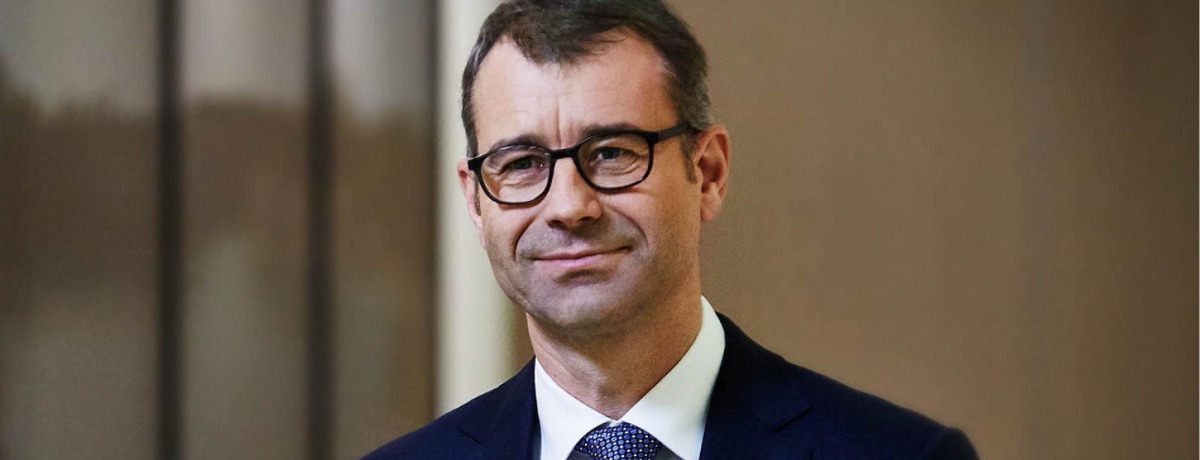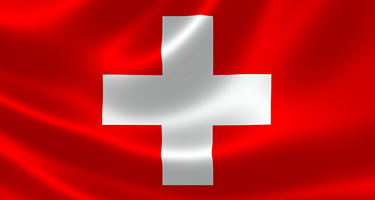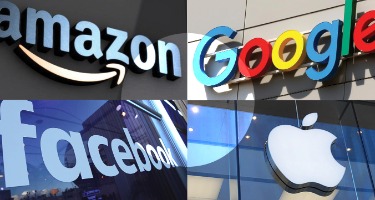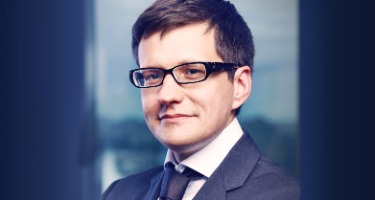This interview was conducted as part of the 2020 Edition of The Best Lawyers in Switzerland “Law Firm of the Year” award recognitions. Our partner Handelsblatt, also published these awards on June 27, 2019, online and in print in their June 2019 edition.
The fear of a few big companies—tech outfits primarily but not exclusively—gaining inordinate market share, expanding into unrelated sectors and eviscerating consumer choice is as big a concern throughout Europe as in the U.S. The Swiss firm Lenz & Staehelin was recently named the country’s Antitrust/Competition Law “Law Firm of the Year,” and Zurich-based Marcel Meinhardt, a partner and the practice’s Head of Competition, sat down with Best Lawyers CEO Phillip Greer to discuss market penetration, “killer acquisitions” and the very real risk of regulatory overreach.
What does it mean to you and your colleagues that Lenz & Staehelin was named Switzerland’s Antitrust/Competition “Law Firm of the Year”?
Marcel Meinhardt: From our perspective, it’s a reward for many years of successful work. The antitrust team really had to start from scratch, and over the years we’ve built up a portfolio of very significant cases and clients. What’s important is that peers recognize us as the leading antitrust firm in Switzerland. Even more important is that clients think we’re really good—that’s something we focus on.
In 2017, the Swiss Federal Supreme Court issued a major reinterpretation of competition law: Price-fixing, quantity limiting, and market-allocating agreements were deemed illegal. Did that cause confusion among your clients? How did the market adjust?
It was our firm, in the GABA/Colgate decision—not the Swiss Federal Supreme Court—that first had to deal with confusion. We advised Colgate in that very important case where that new interpretation took place. All the precedents were different at the time, so it was a surprise and caused some confusion. However, clients quickly adapted—whether luxury [companies], prepared food, technology products like computers. Even software: SAP, one of our large clients, had to change its contract to include the wider European distribution system. Also Swiss customers—and I think this is the main aspect—tried to have a broader footprint, in terms of what’s encompassed by their distribution system, and they don’t draw a line between Switzerland and the rest of the EU. That’s how most clients reacted at the time to that judgment.
Regarding price fixing, that’s still somewhat open. There’s one main case pending: Pfizer, the U.S. pharmaceutical company. We’re awaiting the judgment of the Swiss Federal Supreme Court on the question of to what extent price recommendations are allowed under Swiss law. And if that case is decided in a manner that’s more strict than the EU, pricing recommendations wouldn’t be allowed in Switzerland, and that would of course again trigger some confusion.
What are the biggest challenges ahead for antitrust law, particularly as technology companies grow rapidly and grab a major slice of a specific market—is it a challenge when one company can become a player in so many areas?
Yeah. One has to distinguish a little bit about the challenges of technology companies. In my view, the civil litigation and damage-claim issue are becoming more important in Europe, and also in Switzerland, most recently in bid-rigging cases. Another challenge besides technology is that from my perspective, the authorities nowadays try to find cartels in information-exchange cases that are potentially not even harmful. The classic cartels, they don’t exist anymore. It’s more information exchange. And there it’s difficult to draw a line between pro-competitive information exchange and really harmful information exchange.
Now, to the challenges regarding the technology companies: I think a lot of [hoopla] is made about the killer acquisitions, that these technology companies are active in several markets. My theory is that over-enforcement is lurking. The Facebook case in Germany is one typical example. It’s difficult to draw a line now between competition law and other laws, and the Facebook case is more a data-protection case. The challenge will be to draw the line between data-protection and technology-company cases, and antitrust law.
My hope would be that the antitrust authorities really focus on antitrust law and not blur the line. That’s going to be a challenge: that antitrust is still the focus, but no over-enforcement takes place. Look at Facebook’s acquisitions, for instance—from my perspective, they’ve produced new and valuable products, these acquisitions, and it’s not a killer acquisition [that reduces] choice for consumers. Only if consumers’ choice is limited and reduced, then one could talk about a killer acquisition.
One notable issue that’s arisen in the U.S. is “efficient infringement,” where some businesses are using patented technology without approval or compensation, gambling that they won’t be caught, challenged or told to stop. Is this something you’re noticing globally as well?
It hasn’t really touched Switzerland. From my perspective, that solution should be looked for in the [intellectual property] world, not so much in antitrust. I mean, it’s obviously an abuse of IP if you use an IP without approval. I would draw the line there. I have seen [efficient infringement] from time to time in Switzerland, but it’s not a phenomenon I’d say often pops up here.
Globally, protectionism has become a political buzzword. Has that led to more difficulties for cross-border mergers or cooperation?
Yeah, it is an issue. Think about the Siemens-Alstom train [merger] that was blocked by the EU. There was the idea, let’s have a European champion as a counterbalance to the Chinese national champion. That didn’t work from an EU perspective. It did work, though, in Switzerland. The Swiss society, basically, was fine with it. That’s where protectionism has come up in most recent deals. It also cropped up as an argument in the rather recent investigation of the Swiss antitrust authority, where Swiss banks allegedly have boycotted Apple, with its product Apple Pay. The banks and the press made the argument that it’s a local champion that will be created.
Are there any upcoming projects you’re especially excited about?
There’s a blocked transaction in the ticketing market. Ticketmaster, the U.S. company, entered the Swiss market. As a counterbalance, the national champion in Switzerland, Ticket Corner, tried to acquire Star Ticket. This was blocked by the Competition Authority and appealed by Ticket Corner to the Appeals Commission. The Swiss Federal Supreme Court has most recently decided that Ticket Corner has standing to appeal that decision on its own, without the target, Star Ticket, also having to file an appeal. This decision is going to be interesting. To what extent does this appeals court look into the case again and potentially approve the transaction in hindsight? We’re representing Ticket Corner in that case. That case is to be decided in the near future, and I’m looking forward to it.
This interview has been edited for length and clarity.

































